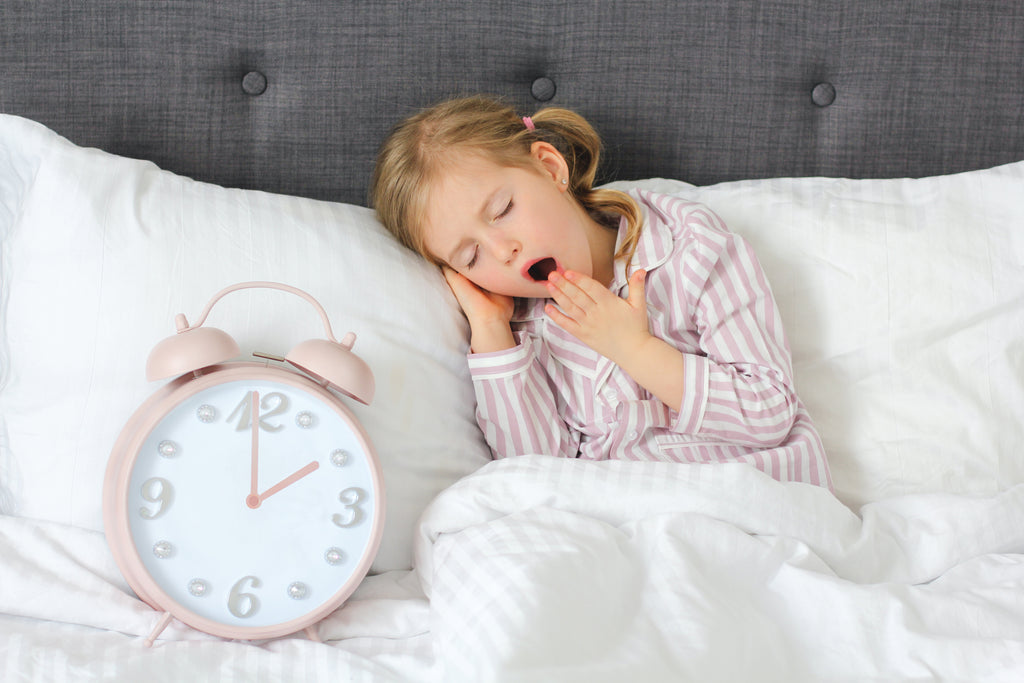- Home
- SHOP ▾
- Store Locator
- Media
- Product Information ▾
- Our Associations ▾
- Warranties ▾
- Advice ▾
- Blog

It is the first Sunday of October and we all know that means it is daylight savings time.
Daylight savings puts our clock forward an hour and although this can be fantastic for people who want to enjoy those long summer nights it can have a negative impact on our sleeping patterns.
Even one hour of sleep loss over a few nights can have marked effects on our mood and health.
The effects of the initial time change for daylight savings on the body is often likened to jet lag. Losing an hour of light in the morning and gaining it at night it effects our bodies as if we are in a different time zone.
This is because changing the clock in either direction changes the principle time cue (which is light) for setting and resetting our 24-hr natural cycle, or circadian rhythm. Therefore, our internal clocks become out of sync.
As it is staying light later in the day it can be harder to fall asleep and likewise staying darker in the morning can make it harder to wake up.
Spring your clock's forward and get the most out of the warmer days by undertaking good sleeping habits. With a good night sleep you will feel and function better.